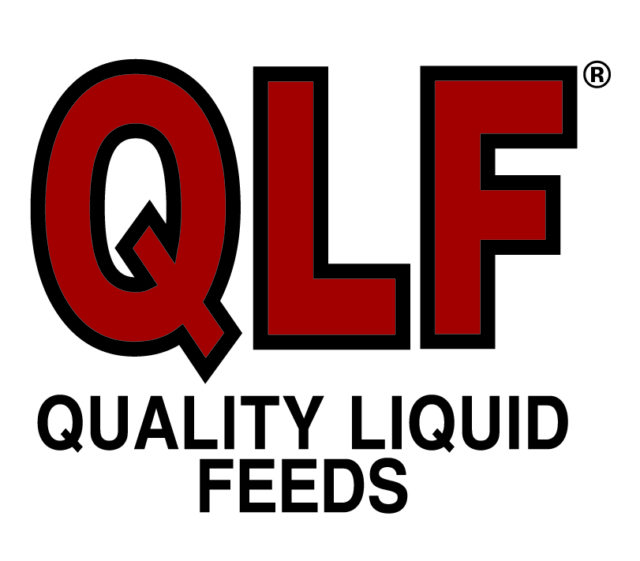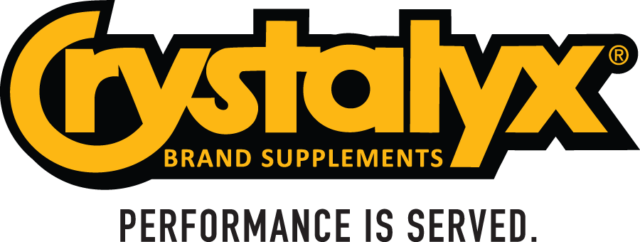Though none of the problem meats were slotted for delivery to the U.S., food safety officials are increasing the number of species specific sampling for meats imported from the targeted European countries.
Officials are using DNA testing as well as other methods including immunological techniques for cooked mats to check for raw meats or processed foods that contain horseflesh.
According to Food Safety News, Cathy Cochran, spokeswoman for the USDA Food Safety Inspection Service, said, “We are confident that the inspection system of ports of entry ensures the safety of products that come into our country every day.
"However, in response to recent events and consumer concerns, we are increasing species testing to enhance current safeguards and prevent fraudulently labeled products from entering the country.”
Other than some bad international publicity for some well-known U.S. companies, such as Nestle, Taco Bell, Bird’s Eye, Burger King and Ikea, Europe has contained the horsemeat scandal.
In addition to the problems introduced by fraudulent labeling, unidentified horsemeat also poses a potential health risk. Traces of veterinary medicines like the painkiller phehylbutazone, known as bute, have been found in some of the mislabeled horsemeat in Europe.
Food officials from Europe said meat is recalled once identified. ![]()
—Compiled from Food Safety article by Dan Flynn and other sources






